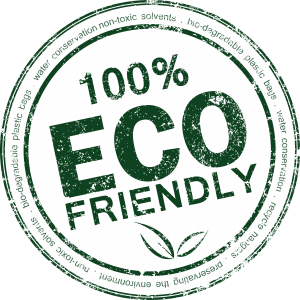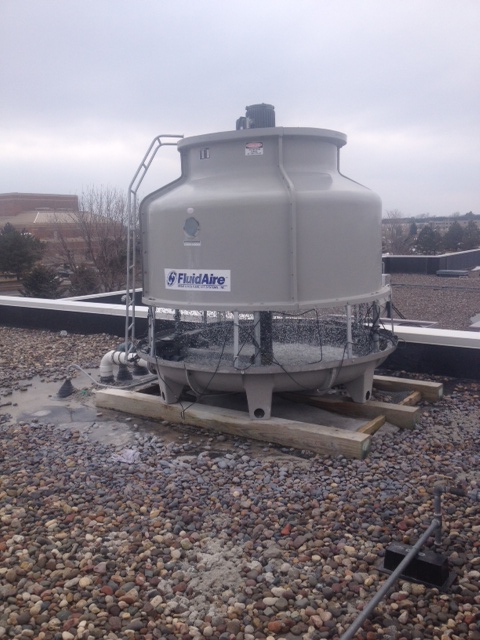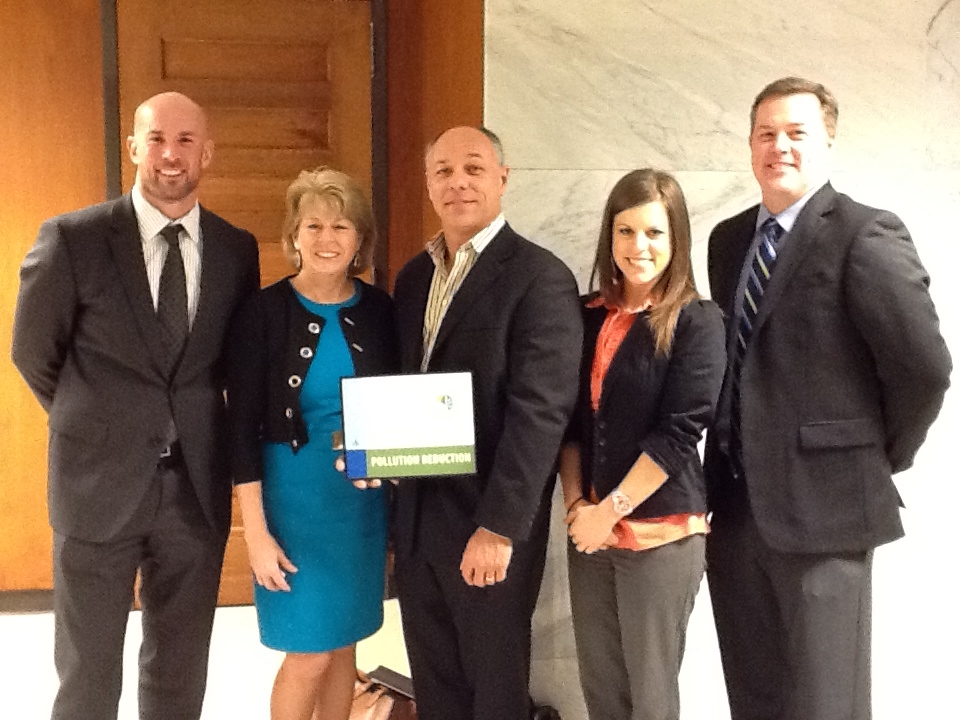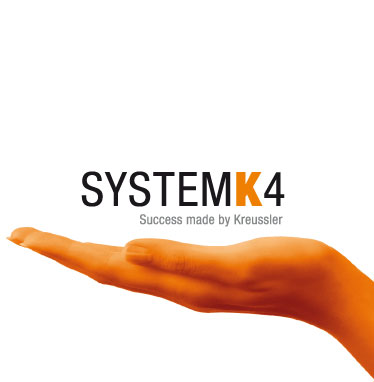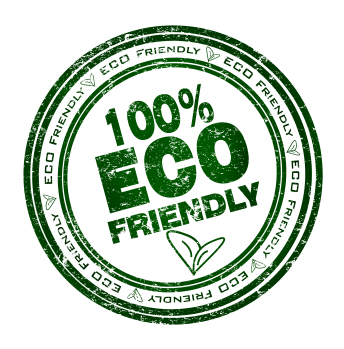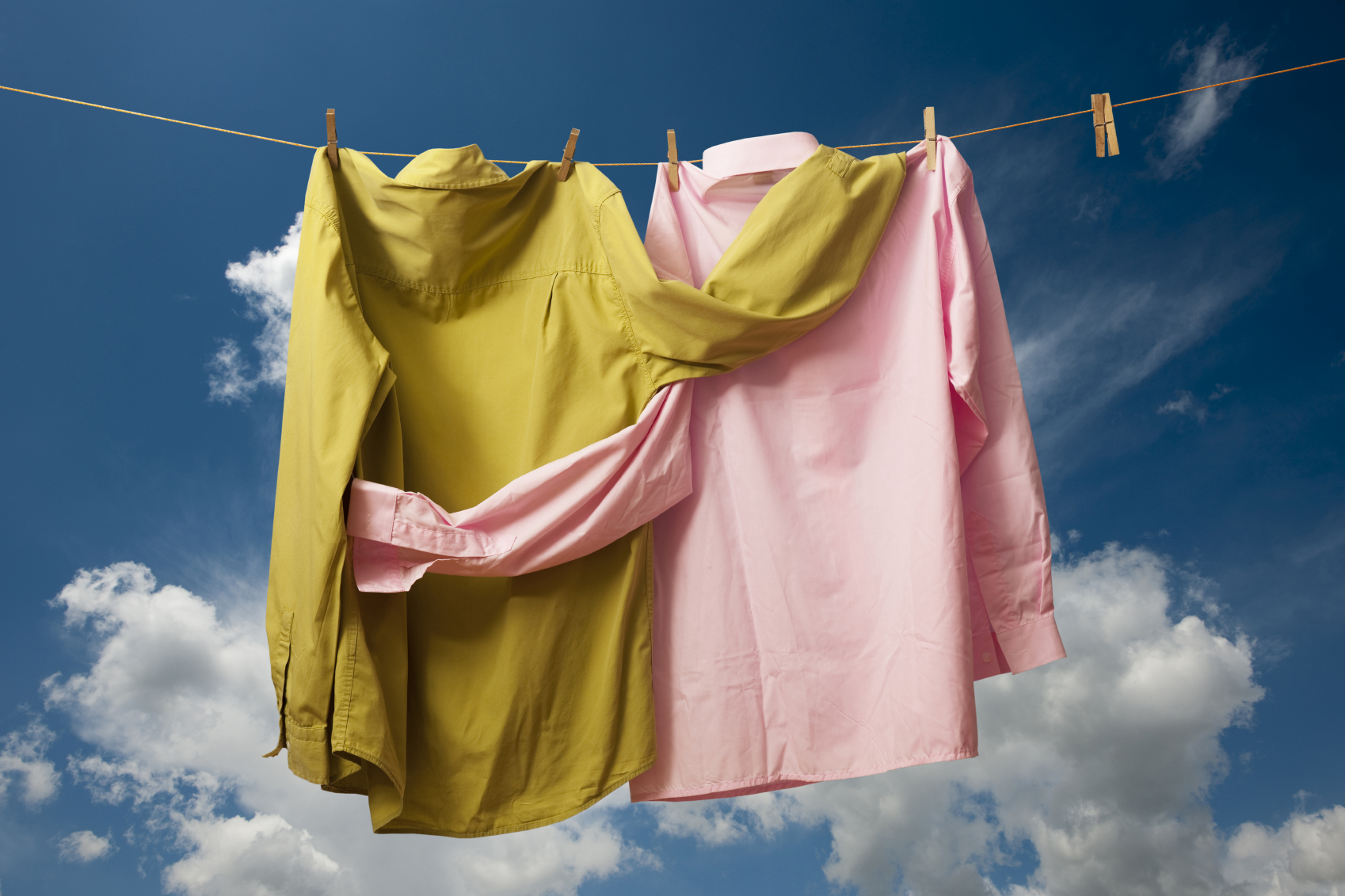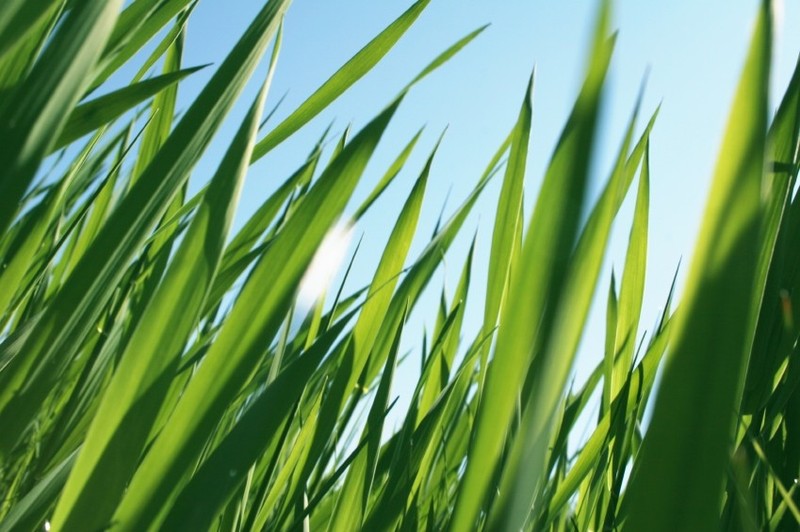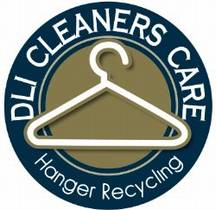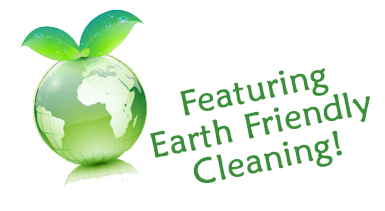FAQs
WHAT’S THE DIFFERENCE BETWEEN **DRY CLEAN ONLY** AND **DRY CLEAN**
When reading the instructions found on care labels, we often see the phrase “dry clean” or “dry clean only.” Many people believe that these instructions are interchangeable, but that is not true. There is typically a difference between fabrics, and more care is often needed for clothing marked “dry clean only.”
“Dry Clean Only”
A garment that is marked as “dry clean only” is made of material that demonstrates a tendency to deteriorate when cleaned by any other method. It’s a clear warning to the consumer that no other cleaning method should be used if they wish to maintain the integrity of the garment and allowing it to be useable after the cleaning process.
“Dry Clean”
The purpose of the “dry clean” designation is to give the option of some sort of hand cleaning/washing and drying for the garment at home. This designation is used when the fabric involved has been demonstrated to hold it’s shape, color and not likely to change if cleaned by hand washing and air drying at home. The “Dry Clean” designation is intended to convey that gentle cleaning methods other than dry cleaning may be acceptable. At the same time, there is still risk in doing them at home and the best method is to dry clean the garment professionally.
–IF IT SAYS DRY CLEAN, CAN YOU CLEAN IT AT HOME?
Garments with care labels that say Dry Clean or For Best Results Dry Clean AND are made of natural fabrics like cotton, linen, cashmere and even some silks – may be done at home with a little extra care and patience. AVOID or use caution if doing this with synthetic blends (rayon, viscose, acetate, etc.)
—HOW DO YOU CLEAN IT?
This depends on the fabric type.
* Keys to cleaning are: hand wash cycle (minimal agitation)
* NO extraction (spin) cycle used at all
* Air Dry/Fluff Cycle or hang to dry or dry flat (no heat)
* Reshaping may be required with some garments
For example a 95% cotton blazer with 5% Lycra that has a care label that says “Dry Clean” could be done at home on a gentle hand washing cycle in cold water. Avoid any extraction cycle (because of the Lycra and use an air fluff (no heat) cycle to dry it or hang dry.
Cashmere – would be similar – a hand cleaning cycle with minimal agitation and no spin or extraction process– lay flat on a towel to dry (no tumbling) and reshape
–WHAT’S THE BEST WAY TO GET THE STAIN OUT? BLOT? DAB? RUB?
Blot, Dab or Tap … NEVER EVER rub and avoid “wiping”
—IS THERE A STAIN A DRY CLEANER CAN’T REMOVE?
Yes, sadly there is. While we love being the Super Stain Fighting Heroes – there is a stain or two that a dry cleaner may not be able to fully remove without possible damage to the garment (usually can get it to lighten).
It depends on a number of factors including:
- Fabric type (delicate fabrics may not be able to handle certain stain removal techniques w/out risk/ damage)
- Nature of the stain
- How long the stain has been there
- Any treatments already tried
- Home remedy attempts often make a dry cleaner’s job more challenging
- The knowledge and skill of the stain remover
Example: curry sauce spilled on a sheer silk garment with unstable dyes in the silk fabric meaning that color on the fabric may be pulled would be difficult to fully remove. Why? Curry is a natural dye. Silk is a porous fabric and naturally soaks up and adheres stains, dyes to the fiber.
Example: ground in dirt / tar on the hemline of a silk dress (wedding, long dress or formal) may be difficult to fully remove (some “shadowing” may be left when inspected closely)
Example: Coffee w/cream that had club soda poured over it – while it may flush out some of the coffee color – the club soda acts almost as a shilac over the acidic part of the stain and sets it in.
Another truth is…A dry cleaner may not always be sure if they can get it out until they are able to give it a try.
–ARE THERE ITEMS THAT SHOULDN’T GO THROUGH THE DRY CLEANER?
That may depend on your dry cleaner but typically no. Most full-service dry cleaners utilize both dry and wet clean cleaning methods as well as wash and fold (laundry) services.
Even if the item says do not dry clean (example many down coats say this on their care labels) – your dry cleaner can STILL clean it! We simply use a special wet cleaning method to clean the coat instead. Even if the item says Spot Clean Only – your dry cleaner can take care of this for you.
We see everything from cushions, costumes, Prom dresses, drapes to dog beds and doll clothes and more!
–HOW OFTEN DO YOU RECOMMEND COMMON ITEMS GOING TO THE DRY CLEANER?
IN PARTICULAR, MEN’S SUITS, WOMEN’S FORMAL DRESSES
SUITS
How often you should dry clean really depends on how often you wear the garment and how well you take care of it between getting it cleaned. If you only wear your suit 2 times a year and only for a few hours at a time and do not spill anything on it, you don’t need it cleaned as frequently. However, if you wear the same suit at least once a week – we recommend cleaning it every 3-4 wears to keep it looking it’s best. And of course if you spill anything on it – bring it in right away to be treated!
FORMAL DRESSES
Pretty much the same as above…it depends on how careful the wearer of the dress was when they wore it. You may be able to get up to 4 wears out of it before needing to clean it. Some formals after one wear have beverages spilled on them, the hems look like they danced in the parking lot all night and there are visible perspiration stains!
If there are no spills, no major perspiration or deodorant marks (which can cause color fade and fabric to weaken)… then you’re probably ok to just hang that lil black dress till the next time you need to wear it and just steam / iron out the wrinkles (or take it on for a professional press only in between wears).



